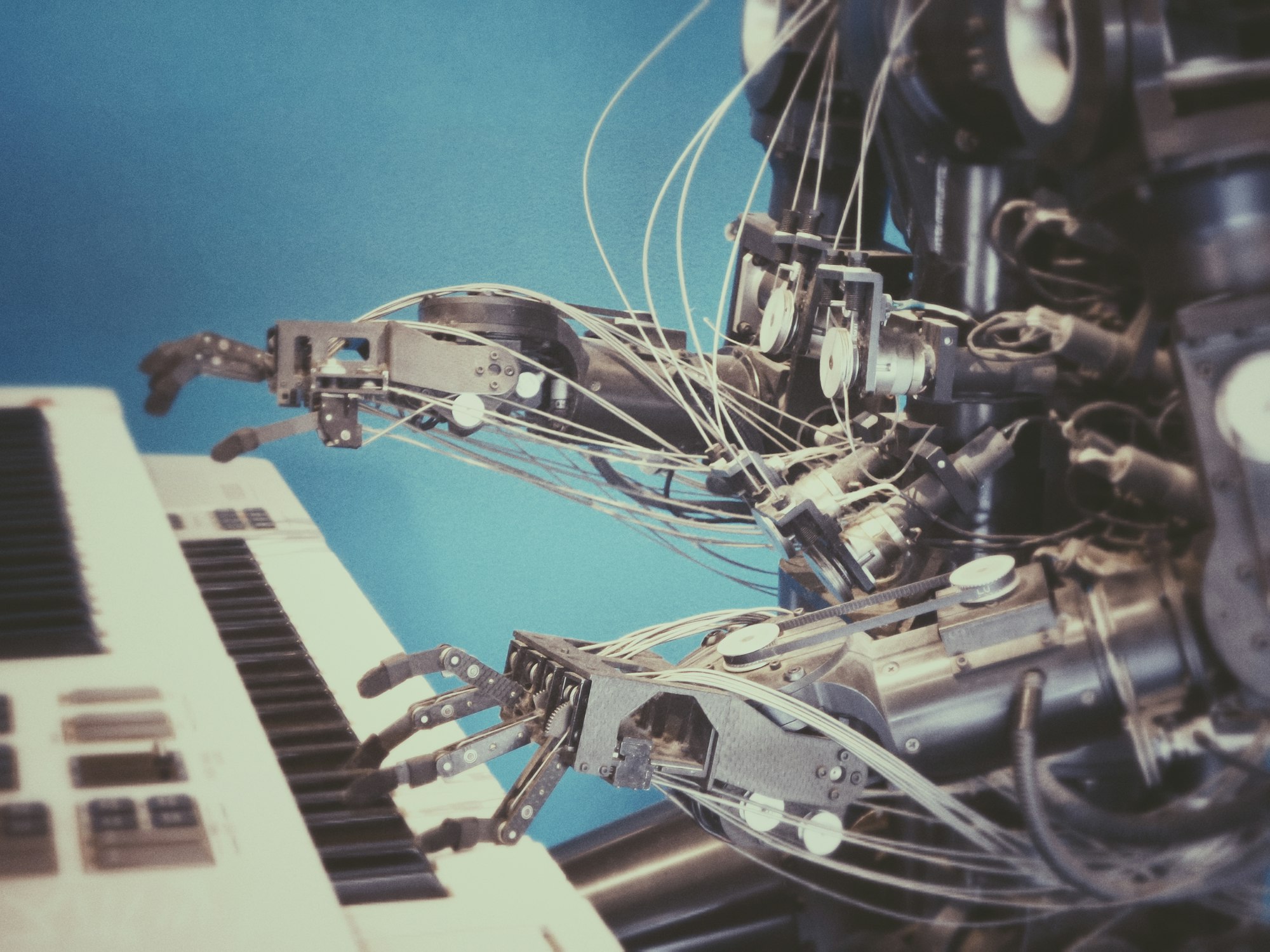How Will AI Change the longer term of SEO?
Artificial intelligence (AI) is penetrating every department of each industry, from automating factory work to improving areas previously thought untouchable by machines (like human resources). But as a veteran within the online marketing world, I can’t help but let my imagination wander on how AI and machine learning are getting to impact the planet of program optimization (SEO)—the strategies organizations use to rank higher in program results pages (SERPs).
Already, we’re seeing the beginnings of a full-scale AI revolution in SEO, and search marketers are scrambling to stay pace with the changes. But what is going to subsequent few years bring? What about subsequent decade?

The Big Picture
We say “search engines,” but most of the time, we’re talking about Google. Bing, Yahoo!, DuckDuckGo, and other engines only share a fraction of the search user base, and most of their systems are modeled after Google’s within the first place. So our big question is, how is Google getting to incorporate AI within the future to vary how search works for the typical user?
Historically, Google has updated its algorithms with two primary goals in mind:
- Improve user experience. Google wants users to seek out the answers they’re trying to find , and receive accurate, valuable content. this is often a crucial category, and a sophisticated one; to realize this, Google not only has got to perfect how its program functions, but also how it finds, organizes, and evaluates the standard of content on the online .
- Keep users on Google. Google makes money when people use it, and stay the platform as long as possible. We’ll see why that’s important during a future section.
Google is already making use of machine learning during a few alternative ways , and it’s only a matter of your time before it advances.
RankBrain and Machine Learning
First, let’s consider RankBrain, a machine learning-based upgrade to Google’s Hummingbird algorithm, which launched in 2015. The Hummingbird update, from 2013, originally unrolled “semantic search” capabilities. it had been designed to guage the context of user queries, instead of the precise contents; instead of prioritizing exact match keywords, Hummingbird allowed Google to think about synonyms, related phrases, and more. This was a step within the right direction, because it meant users could find better results, and search optimizers could not escape with keyword stuffing.
RankBrain was a modification that allowed Google to review massive quantities of user search data and automatically improve its interpretation of user phrases. it had been primarily focused on long, convoluted, or hard-to-understand phrases, ultimately reducing them right down to a length and ease level the algorithm could more easily handle. It’s been self-updating and improving ever since.
This is a crucial indication of how search will evolve within the future; I’m guessing that instead of seeing manual update after manual update, we’ll see more algorithm changes designed to self-update supported machine learning insights. this is often much faster and fewer costly than having humans doing all the work.
Content Quality and Link Quality
I suspect we’ll also see major AI advancements applied to raised understand the standard of the content and links produced by search optimizers.
Links and content are the focal points of most SEO strategies. Google studies links to calculate domain- and page-level authority (or trustworthiness); generally, the more links a site has pointed thereto , and therefore the better those links are, the upper it’s getting to rank. Similarly, better-written, more relevant content tends to rise in SERP rankings—and appeal to web users. Better content and better links mean you’ll find yourself with a better return on investment (ROI) for your SEO strategy.
Over the years, Google has gotten better at analyzing the standard of content and links from websites; search marketers have evolved from trying to trick Google’s algorithm to easily trying to supply their absolute best work.
Right now, Google’s methods for evaluating the subjective “quality” of content and links are good—but they might always be better. it might be easier for an AI agent to gradually learn what makes good content “good,” than to believe a manual agent coding those parameters into a system. i think Google will make more efforts to automate quality evaluation within the near future.
Individualization
Google has also taken great efforts to individualize its search results. If you look for an equivalent phrase in Phoenix, Arizona and Cleveland, Ohio, you’re likely to urge radically different results. you'll also get different results supported your search history, and even the demographic information Google “knows” about you.
Right now, these individualization efforts are impressive, but limited. We’re unsurprised that Google knows where we are, or the previous couple of things we’ve looked for . But within the near future, Google could also be capable of using AI to form more intensive predictions. supported your historical searches and search data from many other users such as you , Google could also be ready to recommend searches or search results before you even know you would like them.
For search marketers, this is often both a chance and a threat. If you'll maximize predictive searches, you'll get a huge edge on the competition—but but , if Google’s algorithmic methods are opaque, you'll have a tough time understanding how and when your results appear for users.
Smart Results
Over the past few years, Google has stepped up its efforts to stay users on the SERPs, instead of clicking links to go to other websites. The Knowledge Graph and rich snippets now appear to supply immediate answers to user queries, preventing the necessity to click any longer . As Google gets better at dissecting user queries with RankBrain and Hummingbird, and becomes better at parsing the online with smart algorithms, i think we’ll see even more of those user-attention-grabbing entries.
For search marketers, this is often again both a chance and a threat. If you'll game the system and obtain your content to seem within the SERPs above your competitors’, you’ll get a serious boost to your brand reputation. But at an equivalent time, if users stay within the SERPs, and never visit, you’ll miss out on plenty of organic traffic.
Real Time Changes and adaptableness
AI is remarkably good at analyzing vast amounts of knowledge , and much faster than even an experienced human team. Historically, Google has made periodic updates to its algorithm with major, game-changing algorithm changes dropped every few months. But recently, those algorithm updates have tapered off in favor of much smaller, far more frequent updates.
This trend will likely develop further within the future as Google’s AI systems optimize toward real-time analytics. it'll “learn” constantly, with every new search query, and possibly roll new updates to its live algorithm on a continuing basis, making it difficult to stay up with its iterative evolution.
Content Production and Onsite Optimization
It’s also worth noting that AI won’t just be harnessed by Google and other search engines. We’ll also see the event and utility of AI on behalf of search marketers. AI-based content generators are getting more advanced and more common; eventually, search marketers could also be ready to use them to supply and distribute content ok to “fool” Google’s algorithms. From there, this may likely become an race between search marketers and search algorithms—not too unlike what we have already got .
Furthermore, smart onsite optimization engines could greatly simplify the technical efforts that search marketers currently need to make. Current plugins and onsite SEO tools are helpful, but incomplete; within the near future, AI and machine learning could make these substantially more capable.
Overall, it’s unlikely that we’ll see such a radical transformation that SERPs become unrecognizable, or that SEO disappears as a web marketing strategy. However, search marketers and users will both need to make some serious adjustments if they’re getting to stay relevant as AI infiltrates this space.





